The taxi driver of Gaza
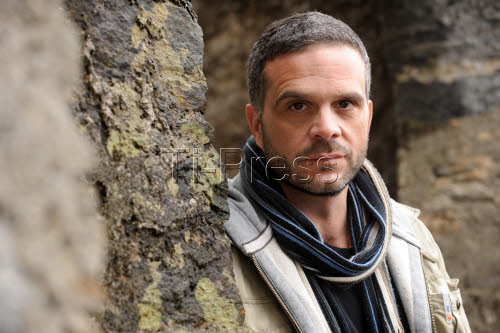
“‘A’ is great. ‘A’ knows the Gaza Strip by heart. ‘A’ is a man whose hopes and dreams have been shattered."
Swiss-Italian journalist Gianluca Grossi paints a picture of his Palestinian taxi driver.
His name begins with the letter A so we’ll call him that: ‘A’. To be discreet. When he told me for the first time, I thought his name would bring me luck. And it has, so far. ‘A’ is great. He’s the best taxi driver in the Gaza Strip. He’s 30 years old but, like all Palestinians, looks much older. ‘A’ is a press agency, an analyst, an advisor, a public relations expert, a sleuth and bodyguard. ‘A’ is a sage.
He has the makings of a professional and for this reason doesn’t like to lose any time. He says little – only what’s necessary. And when he speaks, then only in Arabic, because he can only manage “one, two, three, very good” in English, no more. And also thanks to him, I have learned to mumble a few words in Arabic.
We spent the evenings – after work – eating fish in a restaurant on the beach of Gaza City. He told me the story of his family, of his Egyptian mother, he explained the names of the fish, the way the old men fish by going out in small boats each evening after sunset – the boats lined up like little sisters holding hands, often targeted by Israeli cruisers. He told me how, a long long time ago, there was contact between the Strip and Israelis, and when he sped north in his taxi near Nethanya, the Israeli police made him pay heavy fines. But these were times when you could talk to the Israeli police. That’s water under the bridge. The Strip is now closed. It’s become a damned prison.
Hope
In 2005, ‘A’ did something I’ll never forget. The Israelis had just left Gaza: no longer any colonies, no more armoured vehicles that could surprise you in the morning like a bucket of icy water thrown over your head, no more deaths. Freedom.
Hope was on everyone’s lips, in everyone’s dreams. The word “future” reacquired a familiar taste. It had lost its flavour after it had been forgotten. And it no longer made sense. One day ‘A’ stopped the car, got out and told me to follow. In front of a large area of ruins which were dismembered parts of houses, he put on his sunglasses and suddenly gave an unforgettable interpretation of what would soon become of him now that freedom had been restored.
‘A’ put his thumbs inside his belt, pulled back his legs slightly and bent his knees, assuming a pose that reminded me of a scene from a western – that of a confident cowboy standing in front of the entrance to a saloon. He told me that in a few weeks time, he would go around in dark sunglasses, jeans, a pair of good boots and a jacket with an infinite number of pockets. He would drive his car and only stop when the tank was empty. Freedom and the desire to lead a different life, to think about your existence as something you can change, interpret, and accomplish things.
Dreams
‘A’ told me that he would purchase a couple of cars and hire drivers for them. Businessmen would arrive and invest in the Gaza Strip now that it had been liberated and someone would have to drive them around. Someone who knows the Strip by heart and has at his disposal clean, modern and air-conditioned vehicles. But he – ‘A’ – would not drive himself every day. From his nicely furnished office, he would coordinate the journeys of his clients with his drivers on the ground.
With the money that he would inevitably begin to make he would also add a touch of elegance to the furnishings of his home, and build a new floor above the one where he lived with his wife and children. He would send the latter to school all the way up to university in order to learn a good trade and English, which he lacks. He would enable his children to have the kind of life he never had. They would be able to study abroad and travel. Then, once married, choose whether to stay in Gaza or leave.
But he would not move from there. Why leave now that life had become more livable, now that Gaza had become a place where dreams can come true? ‘A’ stopped at this question. The scene ended. With a smile he took off his black glasses and said: “You’ll see!”
Dust
Five years have passed since then. I’ve returned to Gaza dozens of times and each time I’ve seen ‘A’. We have worked together. I have never asked him what happened to his plans, his dreams. There was no need to because the answer was in his eyes, the way he spoke, in his manners.
Everything has gone up in smoke: like the houses that have been destroyed between 2005 and today. Like the dreams of the other inhabitants of Gaza. Just mention them and they fall to pieces. Like the bodies of the people killed by bombs return too, to become dust in the cemeteries of the Strip.
‘A’ continues to drive his car. That’s all he has. The businessmen and investors never came. The Strip is closed – locked with a key. Like a cell. When he sees me, ‘A’ smiles, a little crookedly. He knows he will now have work for a few days. And lots of time to talk with me, about when Gaza and its people were bold enough, if only for a moment, to imagine leading a different and dignified life.
Many Swiss authors have been drawn to live elsewhere in the wide world. Their writings give us a better understanding of unfamiliar places.
swissinfo.ch has invited a number of authors, some well known and some not so well known, to share their observations of their adopted countries.
The opinions expressed by guest author contributors are theirs alone, and do not necessarily reflect the editorial line of swissinfo.ch.
(Translated from Italian by Dale Bechtel)

In compliance with the JTI standards
More: SWI swissinfo.ch certified by the Journalism Trust Initiative
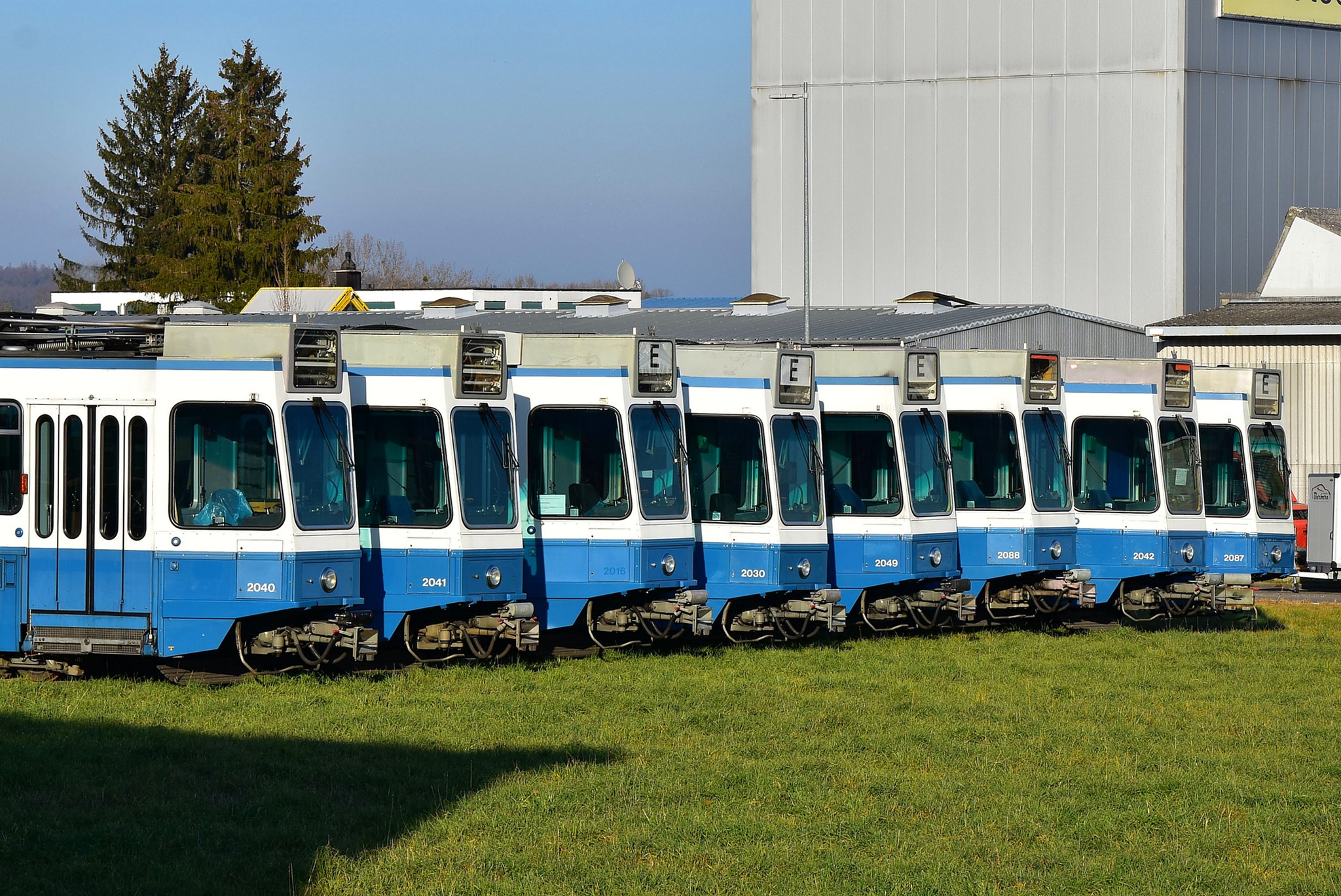

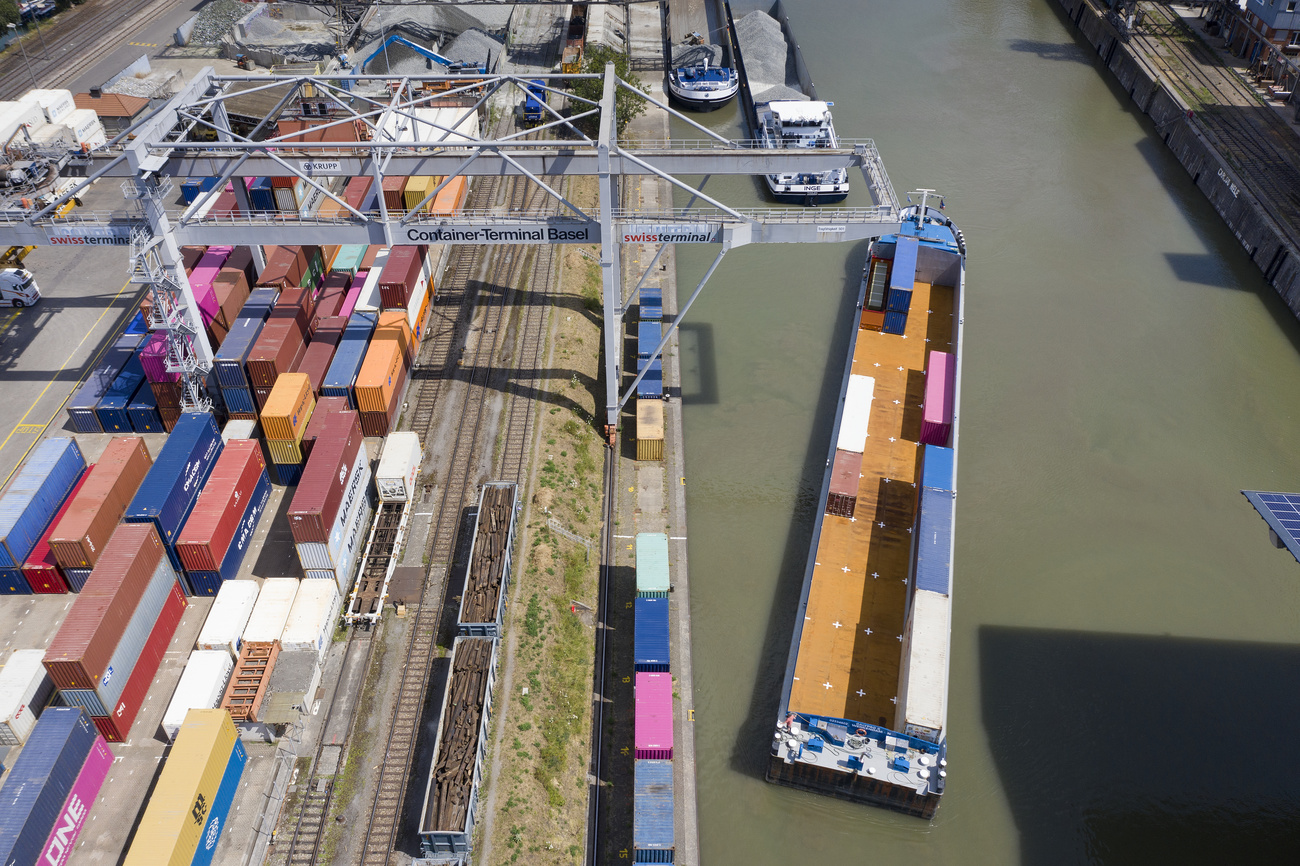

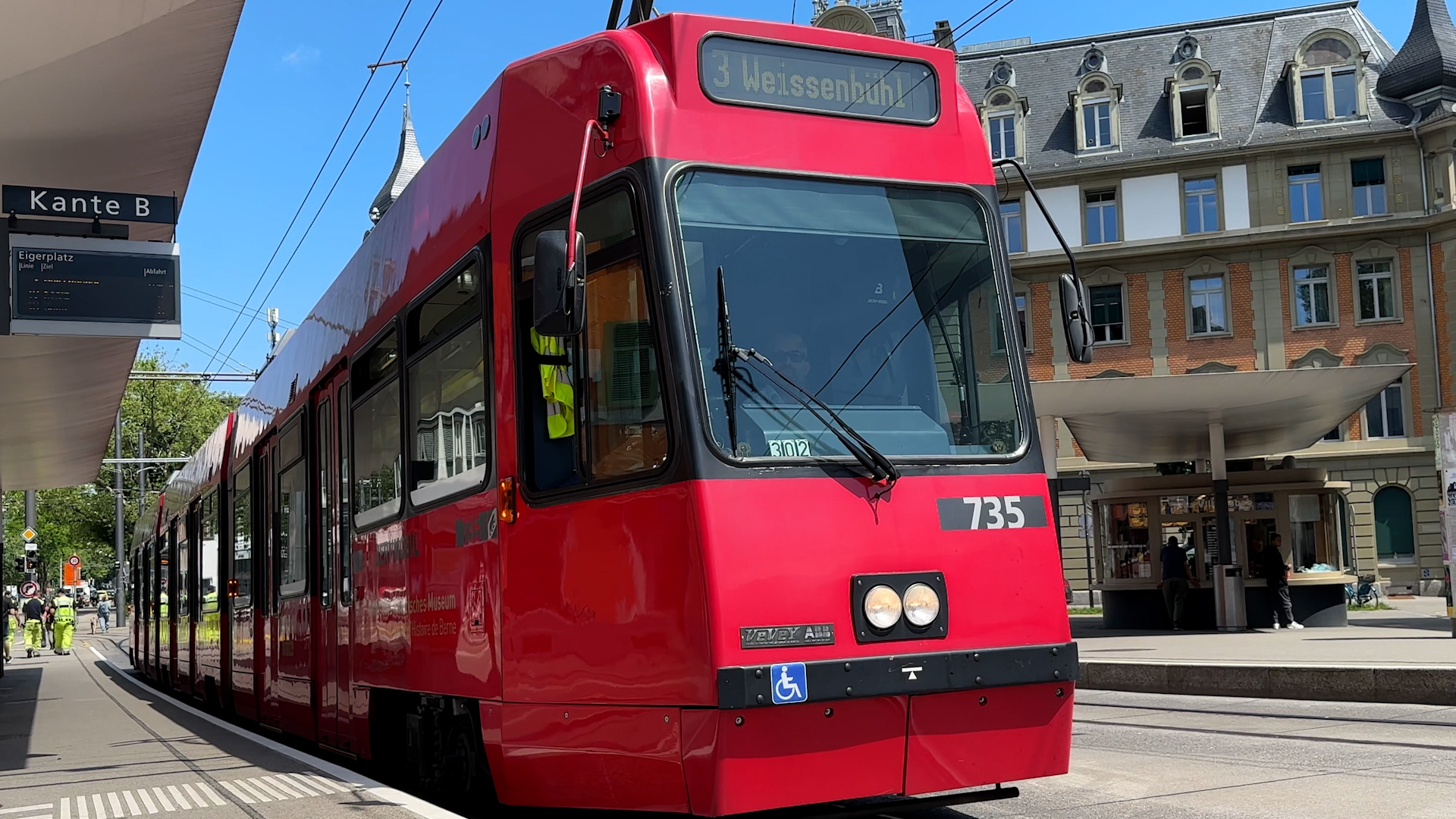


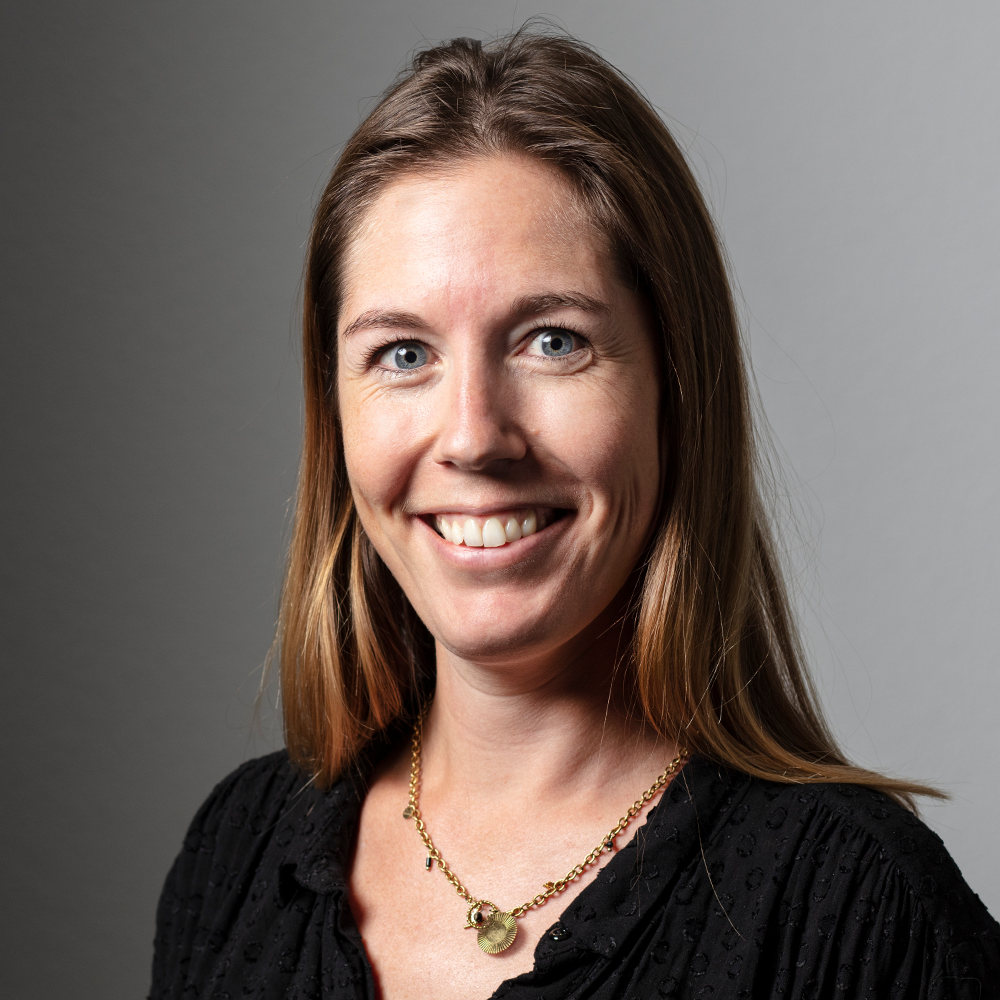
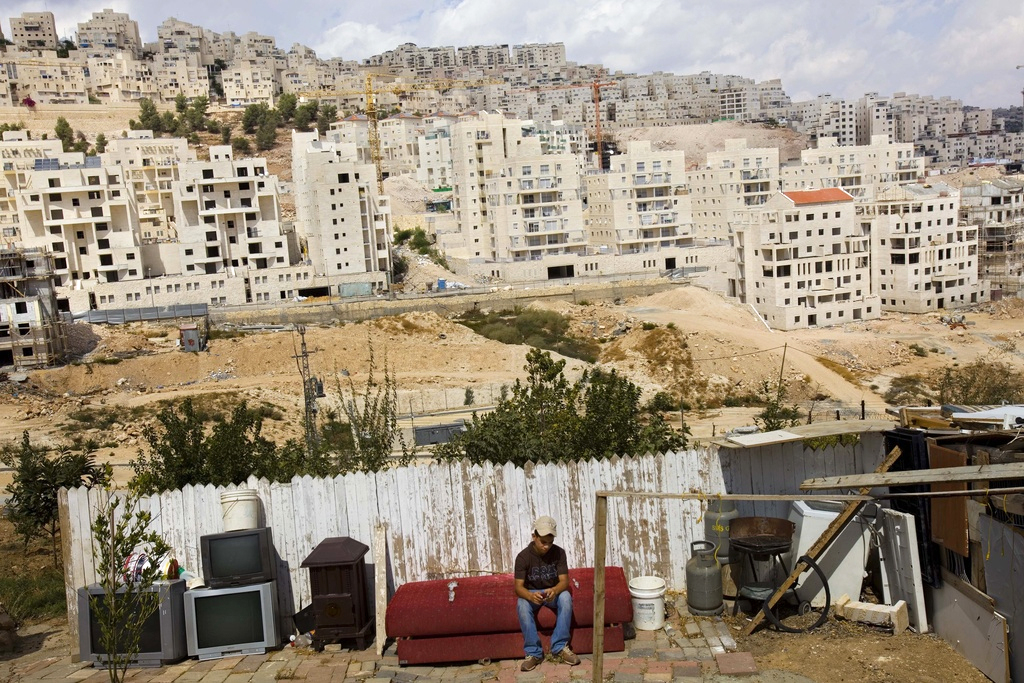
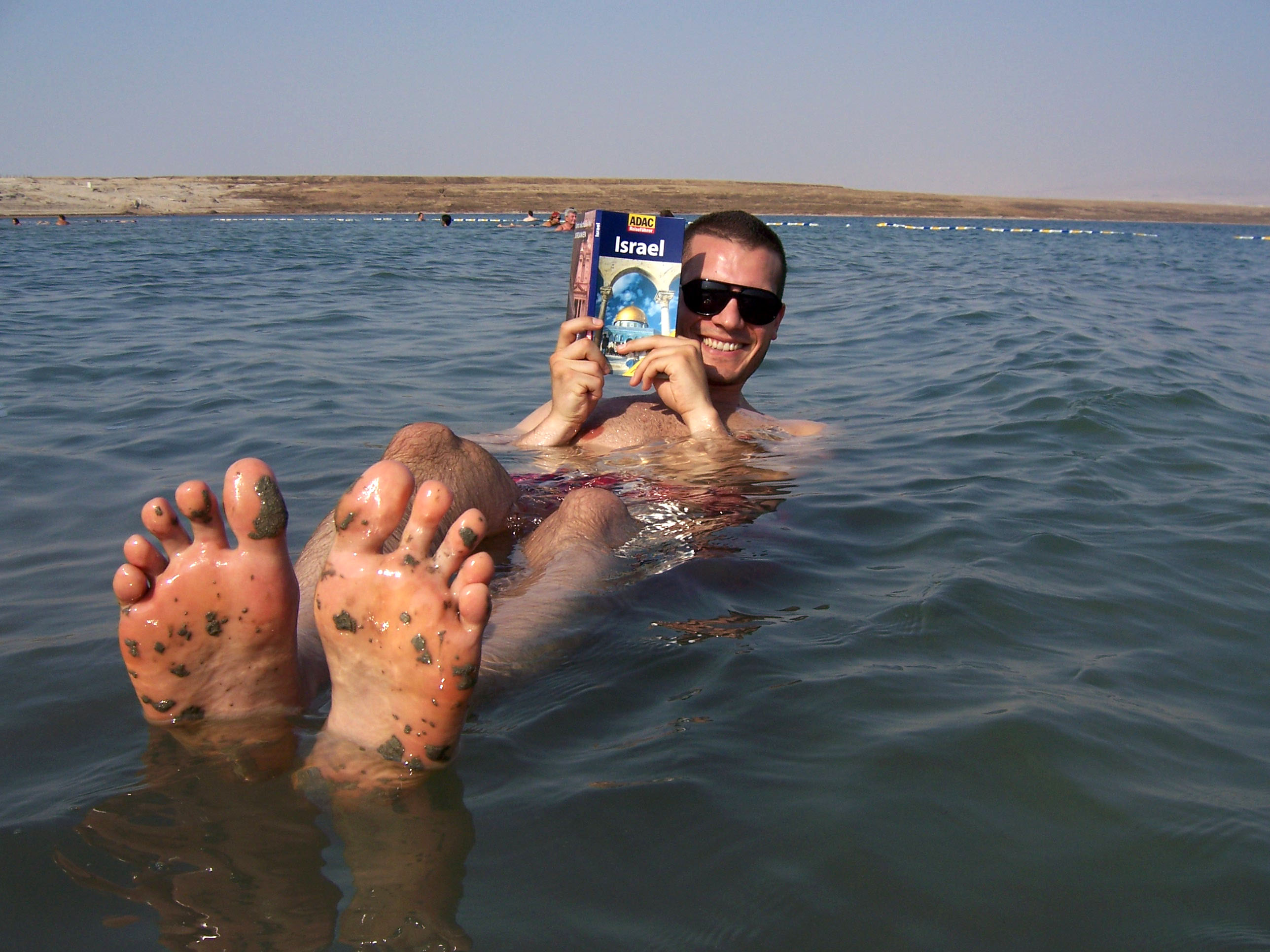
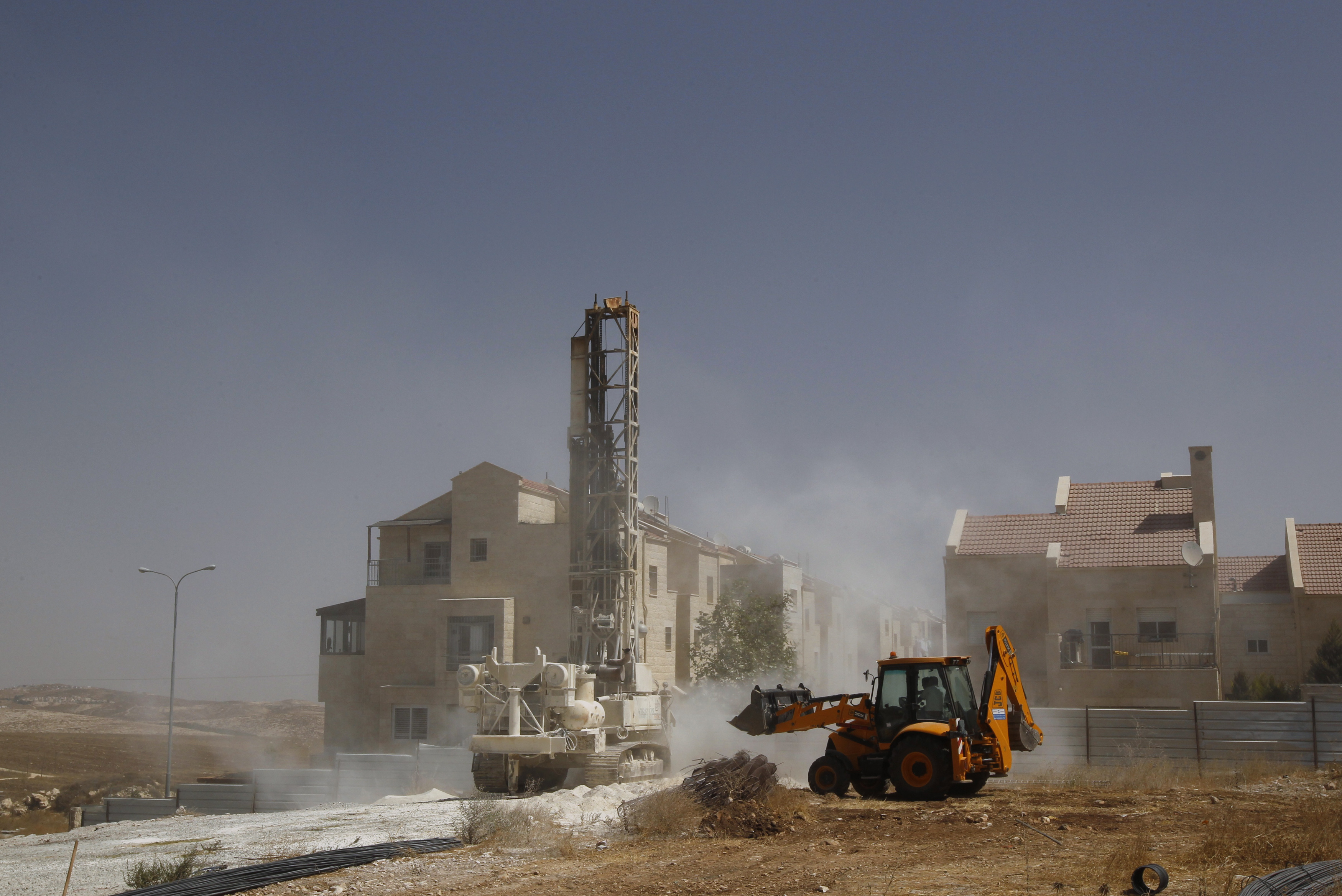
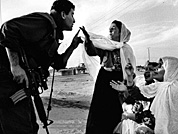
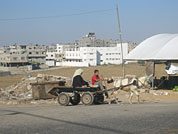
You can find an overview of ongoing debates with our journalists here . Please join us!
If you want to start a conversation about a topic raised in this article or want to report factual errors, email us at english@swissinfo.ch.